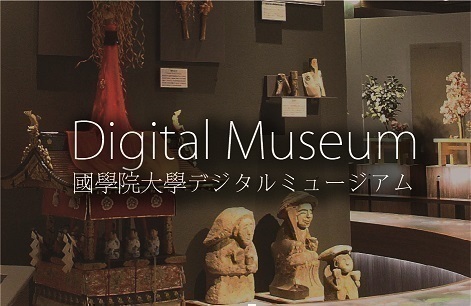- トップ
- Encyclopedia of Shinto
- Jinjitsu
Encyclopedia of Shinto
| Main Menu: | |
| Links: |
詳細表示 (Complete Article)
| カテゴリー1: | 5. Rites and Festivals |
|---|---|
| カテゴリー2: | Rituals in Daily Life |
| Title | Jinjitsu |
| Text | A seasonal festival held on the seventh day of the New Year or the seventh of January. One of the "five seasonal festival holidays" established by the Edo bakufu. Because people celebrate by making and eating the nanakusagayu (seven-grass soup) on this day, it is often called the nanakusa no sekku or just nanakusa. This custom originally came from China. Per an ancient custom from the Hopei and Hunan regions of China, six divinations, one per day, would be made on the first six days of the New Year. The divinations began on the first with a cock divination, followed on subsequent days in order by dog, sheep, boar, ox, and horse divinations. On the seventh day, they performed divinations for man, and therefore called that day "human day" (read jinjitsu in Japanese) or "human victory day" (hitokachibi). They would make a hot soup using seven types of grasses and also established a rule that punishments would not be carried out on that day. In Japan, too, from ancient times there was a custom of picking young grasses on the first "day of the rat" of the first month of the New Year. There is also mention of seven-grass soup in the Engishiki, but the seven types of grass it lists differ from those used in the Chinese soup. The custom of eating the seven-grass soup on jinjitsu spread in the Heian period. In the Edo period, it became customary for everyone from the shōgun on down to eat seven-grass soup on the morning of this day, and for the daimyō to then come to the castle and address the shōgun. Today, the events of jinjitsu are centered upon making and eating soup containing seven varieties of grasses. That is to say, the nanakusagayu aspect of the jinjitsu day tradition has been preserved. The seven grasses used in the soup are usually seri, nazuna, gogyō, hakobe, hotokenza, suzuna, and suzushiro, but various other combinations are used depending on the region. Also, there is an activity called nanakusabayashi in which people tap the beat with the seven grasses while singing a folk song. The lyrics of the nanakusabayashi song passed down in any given area usually describe the pursuit of either "the bird from the land of Morokoshi (the ancient word for China)" or "the evening bird." In the Rice Paddy Festival of Mishima Taisha (Shizuoka Prefecture)—an individual shrine observance (tokushu shinji) carried out on January 7—people act out such rice farming activities as scattering seeds and stomping on grass while repeating a litany of questions and answers. The rite concludes with the singing a bird hunting song. One may surmise that this seasonal festival seems to have become conjoined with bird hunting activities. — Yumiyama Tatsuya |




